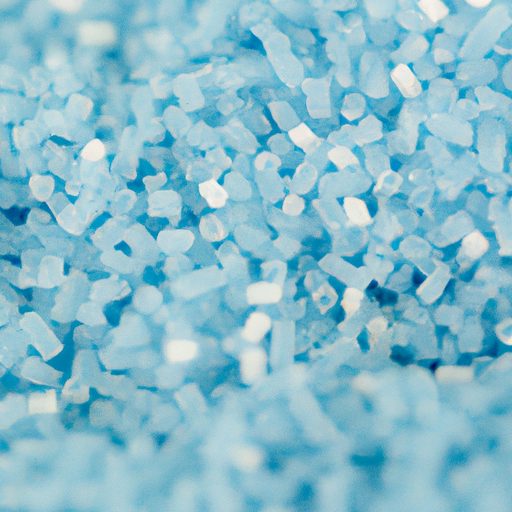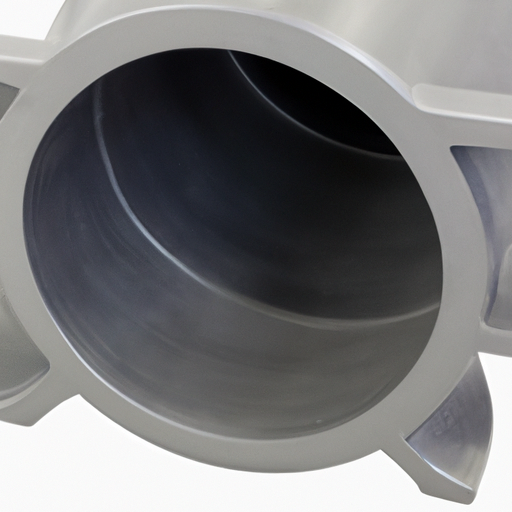The Impact of Plastic Particles on Marine Life

Plastic particles have become a significant concern in recent years due to their detrimental impact on marine life. These tiny fragments, often invisible to the naked eye, are causing widespread damage to the delicate ecosystems that exist beneath the ocean’s surface. The consequences of plastic pollution are far-reaching and have the potential to disrupt the balance of marine life in ways we are only beginning to understand.

One of the most concerning aspects of plastic particles is their ability to be ingested by marine organisms. Fish, turtles, and seabirds mistake these particles for food, leading to a range of health issues and even death. The ingestion of plastic can cause internal injuries, blockages in the digestive system, and malnutrition. Additionally, the chemicals present in plastic can leach into the tissues of these animals, further compromising their health.
Furthermore, plastic particles have the potential to bioaccumulate in the food chain. As smaller organisms consume plastic, they are then eaten by larger predators, which in turn are consumed by even larger animals. This process leads to an accumulation of plastic particles in the tissues of these animals, with potentially severe consequences. Not only does this pose a direct threat to the health of these animals, but it also has implications for human health when we consume seafood contaminated with plastic particles.
The impact of plastic particles on marine life extends beyond the physical harm caused by ingestion. These particles can also alter the behavior and reproductive patterns of marine organisms. For example, studies have shown that exposure to plastic particles can disrupt the feeding behavior of fish, leading to reduced foraging efficiency and decreased energy reserves. This can have cascading effects throughout the food web, ultimately affecting the overall health and stability of marine ecosystems.
| Production Process | Orders-Raw Materials- Production-Quality Inspection -Packaging-Shipment |
| Our Services | OEM/ODM |
In addition to the direct impact on marine life, plastic particles also contribute to the degradation of marine habitats. As these particles accumulate on the ocean floor, they can smother and suffocate delicate coral reefs and other benthic organisms. This loss of habitat not only affects the organisms directly impacted but also disrupts the intricate web of interactions that exist within these ecosystems.
Addressing the issue of plastic particles requires a multi-faceted approach. Efforts must be made to reduce the production and consumption of single-use plastics, as well as to improve waste management systems to prevent plastic from entering the ocean in the first place. Additionally, research is needed to better understand the long-term effects of plastic particles on marine life and to develop innovative solutions for their removal from the environment.
In conclusion, plastic particles pose a significant threat to marine life. Their ingestion by marine organisms, bioaccumulation in the food chain, disruption of behavior and reproductive patterns, and degradation of habitats all contribute to the overall impact on marine ecosystems. It is crucial that we take immediate action to address this issue and work towards a future where plastic pollution no longer threatens the health and well-being of our oceans.




